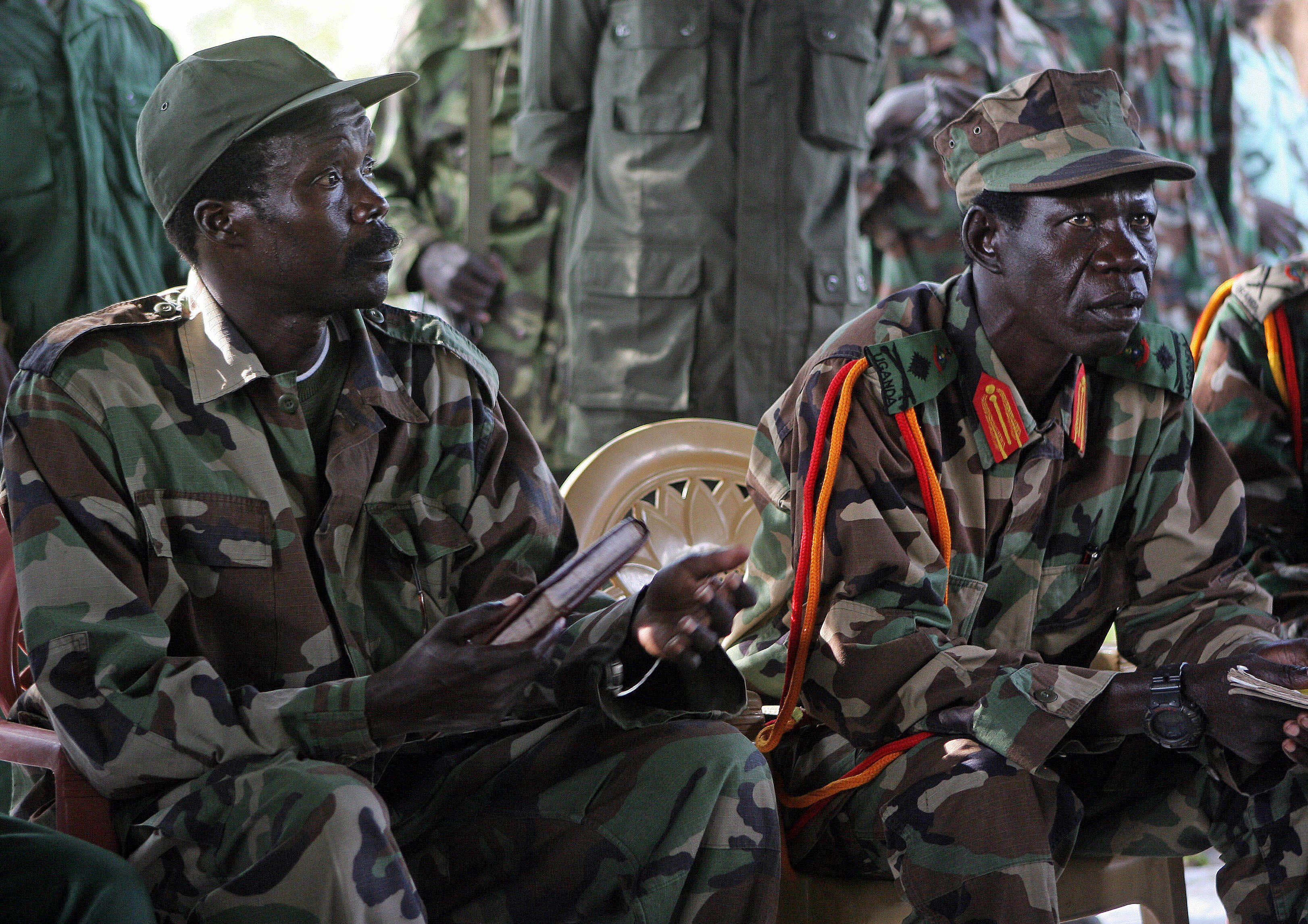
Editor's Note: This op-ed originally appeared on RealClearWorld.
KAMPALA — Recent escapees from the Lord's Resistance Army, a deadly rebel group in central Africa led by Joseph Kony, are testifying that the group is having difficulty preventing defections and maintaining discipline. In early May 2013, I spent time at the Ugandan army's reception center in Northern Uganda to talk with defectors about their motivations to escape and to learn what can be done to end the rebel group through peaceful means.
"I walked alone through the jungle for almost five months; only surviving on wild plants and the animals I was able to shoot with my gun. At night I would build a simple shelter or I just slept on the ground." Looking straight into my eyes, Alex (not his real name) calmly told me his story about his escape, describing how his desire to escape had grown. Late one night he staged an attack on his own group — he set their tents on fire, shot his gun in the air and during the confusion fled into the jungle.
Alex said that, "escaping is a personal initiative. It's something you decide within. We are mature people now. We can make our own reasoning that all these people in the flyers [that are dropped over the LRA affected areas, with pictures and messages encouraging fighters to defect] could never have been killed and that the rebellion will never happen." The rebels abducted him in 1996, when he was 12.
Kony uses a combination of cruel punishment, spiritual predictions and indoctrination to dominate the group, but his control is waning. The children are growing up and starting to question the objectives of a fight that is now taking place hundreds of miles away from Uganda. "When you are younger, you only think about food and how to survive," explained Alex. "Then when you grow up, you start to reason that there is no point in fighting. You start to think about your family at home and how to escape." Defectors say that ‘come-home' radio messages and flyers also play an important role in motivating fighters to defect.
Roughly 60 people have been set free or escaped within the last two months. A group of 28 women and children was set free in March, the largest group to come out from LRA in more than three years. This is happening at the backdrop of a counter-LRA military operation that is facing steep challenges due to the violent coup in the Central African Republic.
However, U.S. military advisers, the governments and armies from impacted countries, local officials and their civil society partners must continue to exploit the weakening of the LRA to the fullest. Three specific interventions can help push this forward.
First, additional safe reporting sites, where defectors can surrender peacefully, are needed across the LRA-affected areas. This is particularly true in the Democratic Republic of Congo, which experiences the majority of LRA attacks. The UN peacekeeping mission in Congo, MONUSCO, can, within its mandate and capacity, play a more active role and enhance support to defection efforts.
Second, tailored messages from LRA family members and direct negotiations with rebel commanders should be pursued more strategically. There are mid-level fighters and commanders who want to defect, but they remain reluctant due to fear of punishment from LRA rebels and reprisal attacks from civilians or local security forces that at times have sought revenge against fleeing rebels. Regional governments, the UN missions and local leaders must work hand-in-hand to sensitize hostile communities and provide a safe environment that will enable rebels to lay down their arms and come out peacefully.
Third, defections should not be seen as the optimal end result. Rebels that leave the LRA need long-term support to reintegrate and to deal with their personal war trauma. A recent defector like Alex receives no long-term support. The few remaining NGOs in Northern Uganda have shut down and the army's reception center provides no sustained counseling services. This creates a breeding ground for future conflicts.
Photo: LRA commander Joseph Kony and LRA deputy Vincent Otti ( AP)

